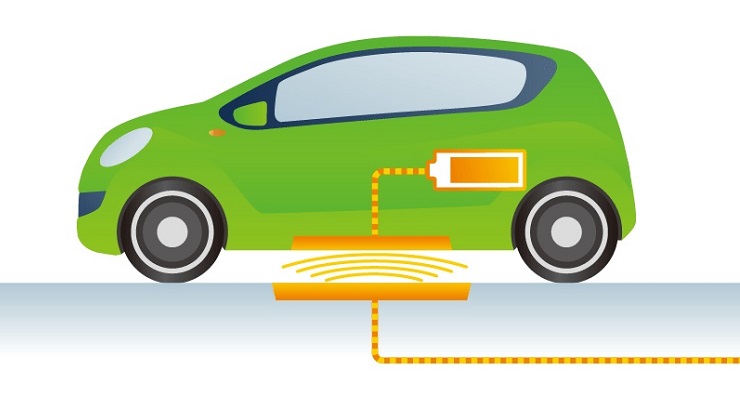Innovation
Innovators Mull Highway That Can Charge Electric Vehicles
The road will charge electric cars as they drive along.

The State of Indiana is set to build the world’s first wireless charging concrete road that will enable contactless charging of electric vehicles as they drive along.
The project, which is spearheaded by the Indiana Department of Transportation (INDOT) and Purdue University, will use magnetisable concrete – pioneered by German startup Magment GmbH – to create a highway that can wirelessly charge electric cars as they drive along.
During phases one and two of the project that is set to begin soon, magnetisable concrete will be tested and analysed on a stretch of pavement at Purdue’s West Lafayette campus.
In phase three, a quarter-mile-long road will be built at a yet-to-be-determined site to allow engineers to monitor the concrete’s capacity to charge heavy trucks at a high power of 200kW and above.
If the tests return positive results, INDOT will use the innovative concrete to electrify a yet-to-be-disclosed segment of interstate highway within Indiana.
RELATED: How Technology is Transforming the Construction Industry
Governor Eric Holcomb said the partnership to build a road charging electric cars shows that “Indiana is on the leading edge of delivering the infrastructure needed to support the adoption of electric vehicles.”
INDOT Commissioner Joe McGuinness said they were excited to partner with Purdue and Magment to explore ways to make wireless charging of electric vehicles a reality.
“As electric vehicles become more widely used, demand for reliable, convenient charging infrastructure continues to grow, and the need to innovate is clear,” he said.
Mauricio Esguerra, the CEO of Magment termed the project “a real step forward towards the future of dynamic wireless charging”, which will “undoubtedly set the standard for affordable, sustainable, and efficient transportation electrification.”
While car owners are increasingly embracing the idea of acquiring electric cars, there is widespread concern about the lengthy time it takes to charge a car as compared to fuelling.
RELATED: Concrete That Can Wirelessly Charge EVs While in Motion
In this regard, several automotive, utility and infrastructure firms are now testing technologies that could potentially allow wireless charging of electric vehicles on the move.
Known as dynamic charging, the technique involves the installation of under-road pads that wirelessly convey power to receivers fitted underneath cars and overhead wires.
Renault has, for example, partnered with Electricite de France SA to test dynamic charging in Paris. On the other hand, Swedish trucking giant Scania AB has manufactured a truck that can be charged overhead. The truck is ready for mass production.
“Charging should not be considered a pain and should not act as a brake on electric vehicle use and deployment,” said Xavier Serrier, the head of Renault’s charging project.














